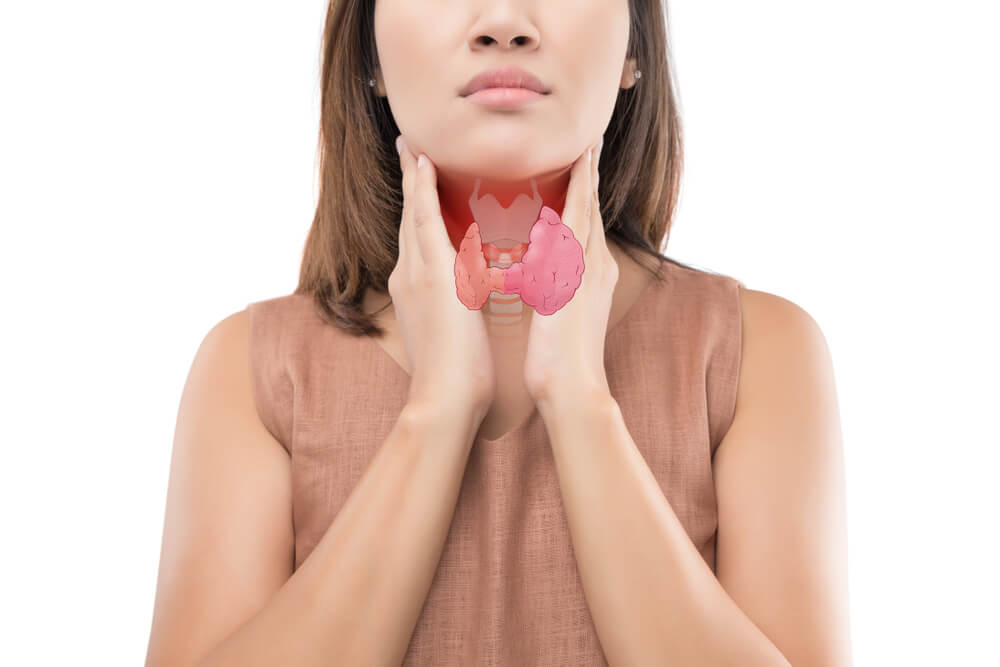
The thyroid is a vital gland found at the front of the neck, just below the larynx. It is part of the endocrine system, which produces and releases hormones that aid in controlling many of the body’s functions.
What does the thyroid gland do?
One of the primary functions of the thyroid gland is to regulate metabolism – this is the process by which the body transforms food into energy. In turn, the various cells in the body use this energy to perform their functions properly. The thyroid gland accomplishes this by producing and secreting these hormones:
- Thyroxine (T4)
- Triiodothyronine (T3)
- Reverse triiodothyronine (RT3)
- Calcitonin
Collectively called thyroid hormones, these hormones work together to control how the body uses energy. In addition, these hormones play key roles in growth and development, muscle control, heart and digestive function, brain development, and bone health.
What happens when the thyroid doesn’t function properly?
The thyroid glands normally create and secrete a regulated amount of hormones, in order to maintain the right amount of metabolism in the body. As such, health issues may arise when the thyroid gland develops problems in hormone production.
One condition is hyperthyroidism, in which the thyroid gland produces too many hormones. Also known as an overactive thyroid, this may cause rapid metabolism and symptoms like weight loss, irregular heartbeats, and hand tremors.
On the other hand, when the thyroid gland does not produce enough hormones, the condition is called hypothyroidism. Also known as an underactive thyroid, this condition lowers metabolism rate, which can cause rapid weight gain, fatigue, joint and muscle pain, and depression.
How to keep your thyroid healthy
- Have a healthy and balanced diet: Consume a well-rounded diet and ensure adequate intake of iodine, which is essential for proper thyroid function. That said, too much iodine intake is also not good, so be careful not to overconsume it either.
- Exercise regularly: This aids in supporting overall metabolism and health
- Avoid smoking and excessive drinking: These can negatively affect thyroid function
- Get regular check-ups: Arrange for annual health check-ups and include a thyroid function test
- Get checked if you notice symptoms: Be aware of symptoms of an overactive or underactive thyroid, or even a lump in the thyroid area; and seek medical attention promptly to receive a proper diagnosis and treatment sooner rather than later.







